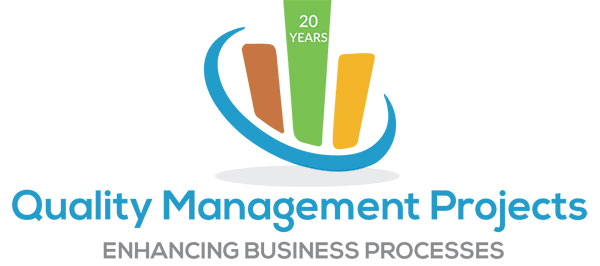I appreciate there are always lots of posts and articles on social media about stress in the workplace. Some are good and useful information while most tell us nothing we have not heard before.
Whether we like it or not, stress is a part of modern living. It is something that we seldom have any control over. Even the most chilled people I know suffer from stress sometimes. It is perfectly natural.
Take BREXIT for example, I know two Managing Directors, who are real worriers about the potential outcome to their businesses. The worse thing being is they don’t know what to do about it. To worry about an uncertainty does not make sense and, although, they are trying hard not to let it show, it does. Therefore, as a result, their managers are worried too, and so it spreads through the ranks.
I often worry about some of the top management at some of my clients because I can see the effects of stress. I have been a management consultant for over 20 years. I can say that most cases of stress are avoidable, and when we look back are often trivial too. However, at the time they a perceived to be huge.
The connection between stress in the workplace and quality management is obvious. To obtain a high standard of quality, we need to manage performance. Stressful people can impact on performance. By removing stress, we reduce opportunities for errors.
We cannot exclude stress management from quality management.
Part of the role of a Quality Manager, in fact, all Managers, is to identify processes which are not effective or, as efficient as they could be and therefore, potentially stressful for the operator. You have a legal responsibility.
Tight deadlines, work overload and working below a person’s capabilities are just three causes of stress. Then there are other physical and human factors such as noise, workspace, light and ventilation, confrontation, discrimination, language, offensive posters and conversation. Causes that we would never even consider because we have grown up with them can be stressful for others from different cultures.
The first challenge when implementing an effective management system is to address the culture and current philosophy of the organisation. Not always an easy task.
People tend to hide stress, even to themselves. Stress can be a sign of weakness. There can be a stigma attached.
An employee failing to achieve the perceived level of quality desired may also see themselves a failing. Trying to achieve a high level of quality can be stressful.
A good question should be precisely how is the standard set? Is it too high, are we asking too much from the employee? Or is the employee doing more than necessary?
Of course, this all comes down to communication, to fully understand all needs and expectations, to be able to ask questions and receive answers.
Firstly, Quality Management is about planning and prevention. It all begins at the start. Anywhere else and we are firefighting. Firefighting is costly, stressful, and a waste of resource.
However, I know and have known Quality Managers who love firefighting and fixing problems that have occurred. They can then take the credit for right corrective actions. As often may be the case, detecting, hazards and risks early and preventing a problem from ever occurring does not always grab the attention and the brownie points.
So, this is all well and good, but what can we do to reduce stress in the workplace?
Well, firstly, we need to understand the workplace in question and its culture. To do this, we need to get to know the people.
As obvious as this sounds, I know Directors and Managers who do not know their employees or even their teams, as individuals.
Here is a list of my tips to help reduce stress (in no particular order):
- Talk to each other;
- Effective and commitment to leadership;
- Share problems;
- Mentoring and proper supervision;
- A sense of humour;
- Manage lead times and deadlines;
- Maintain a safe and healthy infrastructure and working environment;
- Ensure competence through effective instruction and training;
- Listen;
- Review working hours and break times;
- Be nice;
- Remove blame culture;
- Encourage ownership, pride, and responsibility for actions;
- Manage workload,
- Encourage employees who have a desire to achieve more;
- Review what the company needs and expects from its employees, at all levels, and if these needs and expectations are reasonable.
- Adjust accordingly;
- A happy workforce is a more efficient workforce
- If you can’t change the people, change the people.
It does not matter whether you agree or not with the above statement or bullet points. The fact is that Stress and Quality Management are the same. By effectively managing one, you can reduce the other.
If you would like to discuss this further, please ring me on 07932 155 985 or 01273 510725

